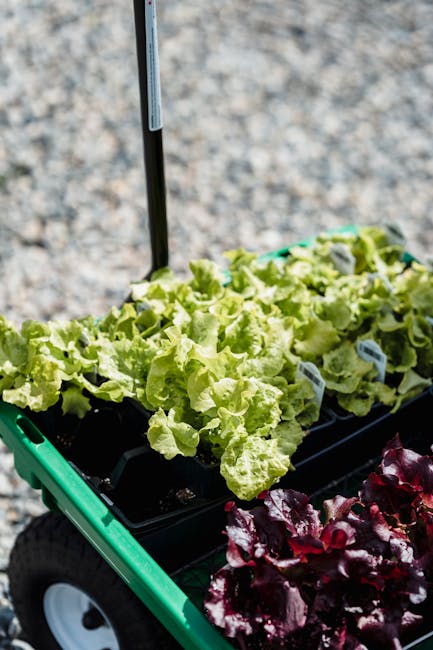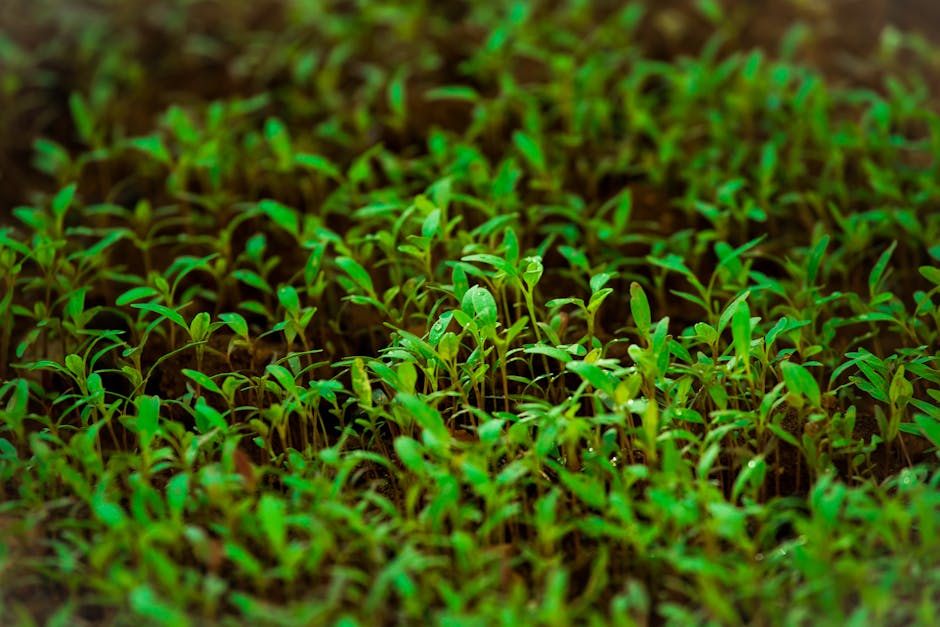The Ultimate Grow A Garden Seed Tier List: From Beginner-Friendly to Expert-Level Challenges
Starting a garden can be an incredibly rewarding experience, connecting you with nature and providing fresh, healthy produce. However, choosing the right seeds can be daunting, especially for beginners. This comprehensive guide provides a tiered seed list, categorizing various plants based on their ease of cultivation, ensuring success for gardeners of all skill levels. We’ll delve into factors like germination rates, disease resistance, and overall maintenance requirements to help you select the perfect seeds for your garden.
Understanding the Tier System
This seed tier list is designed to help you navigate the world of gardening, regardless of your experience. We’ve categorized seeds into four tiers, ranging from ‘S-Tier’ (easiest to grow) to ‘D-Tier’ (most challenging). This isn’t a definitive ranking, as success also depends on your climate, soil conditions, and gardening practices. Think of this as a helpful guide to manage expectations and choose plants that are suitable for your current gardening skillset.

Tier Breakdown:
- S-Tier (Super Easy): These seeds are virtually foolproof, boasting high germination rates, strong disease resistance, and minimal care requirements. Perfect for beginners!
- A-Tier (Easy): These plants are relatively straightforward to grow, requiring moderate attention and care. A good choice for those with some gardening experience.
- B-Tier (Medium): These seeds require more attention to detail and specific growing conditions. Suitable for gardeners with some experience who are willing to put in the extra effort.
- C-Tier (Challenging): These plants demand significant knowledge, experience, and meticulous care. Only recommended for experienced gardeners willing to tackle a significant challenge.
- D-Tier (Expert): These are the most demanding plants, requiring specialized knowledge, equipment, and consistent attention. These should only be attempted by seasoned gardeners with extensive experience.
S-Tier: The Beginner’s Dream Team
These plants are known for their resilience and forgiving nature. They’re perfect for those just starting their gardening journey. Even with minor mistakes, you’re likely to see success.
- Radishes: Quick-growing and easy to harvest, radishes are an excellent choice for beginners. They tolerate a wide range of conditions and are relatively pest-resistant.
- Lettuce (Loose-leaf varieties): Loose-leaf lettuces are less fussy than head lettuces and are quick to mature. They require consistent watering but are otherwise low-maintenance.
- Zucchini: Zucchini plants are prolific producers, even in less-than-ideal conditions. They require regular watering and some fertilization but are otherwise quite hardy.
- Sunflowers: These tall and vibrant plants are surprisingly easy to grow, requiring full sun and regular watering. They’re a great choice for beginner gardeners who want a visually stunning addition to their garden.
- Beans (Bush Beans): Bush beans are compact and easy to manage, requiring minimal support. They’re relatively drought-tolerant and provide a bountiful harvest.
A-Tier: Stepping Up Your Game
These plants offer a bit more of a challenge but are still manageable for intermediate gardeners. They require slightly more attention to detail and may need specific growing conditions.
- Tomatoes (Determinate varieties): Determinate tomatoes are compact and produce their fruit all at once, making them easier to manage than indeterminate varieties. They need consistent watering and support.
- Peppers (Bell peppers): Bell peppers require warm temperatures and well-drained soil, but with the right conditions, they produce an abundant harvest. They benefit from consistent watering and fertilization.
- Cucumbers: Cucumbers thrive in warm, sunny conditions and need consistent watering. They can be susceptible to diseases, so proper spacing and air circulation are important.
- Carrots: Carrots require loose, well-drained soil and consistent moisture. They can be susceptible to pests, so regular monitoring is recommended.
- Spinach: Spinach prefers cool weather and consistent moisture. It’s relatively easy to grow but can bolt (go to seed) quickly in hot weather.
B-Tier: The Intermediate Challenge
These plants require more experience, specific knowledge, and careful attention to detail. They are not necessarily difficult, but they demand a higher level of understanding of gardening principles.

- Tomatoes (Indeterminate varieties): Indeterminate tomatoes are vigorous growers and produce fruit continuously throughout the season. They require staking or caging and careful pruning.
- Eggplant: Eggplants require warm temperatures, well-drained soil, and consistent watering. They are susceptible to pests and diseases, requiring vigilant monitoring.
- Watermelon: Watermelons require plenty of space, warm temperatures, and consistent watering. They also need support to prevent the fruit from rotting on the ground.
- Squash (Winter squash): Winter squash requires a long growing season, plenty of sunlight, and consistent watering. They are susceptible to pests and diseases.
- Broccoli: Broccoli requires consistent moisture and cool temperatures. It can be susceptible to pests and diseases, requiring regular monitoring and preventative measures.
C-Tier & D-Tier: For the Experienced Gardener
These tiers contain plants that demand significant skill, knowledge, and dedication. They often have specific environmental needs and are susceptible to a wide range of pests and diseases. Only gardeners with significant experience should attempt these plants.
C-Tier Examples: Asparagus, Brussel sprouts, cauliflower, kale.

D-Tier Examples: Certain heirloom tomato varieties, figs, certain types of melons, artichokes.
Factors to Consider Beyond the Tier List
While this tier list provides a helpful guideline, several other factors influence your gardening success:
- Climate: Your local climate plays a crucial role. Choose seeds suitable for your region’s temperature, rainfall, and sunlight.
- Soil Conditions: Test your soil to determine its pH and nutrient content. Amend your soil as needed to provide the optimal conditions for your chosen plants.
- Pest and Disease Management: Learn about common garden pests and diseases in your area and take preventative measures.
- Watering Practices: Consistent watering is essential, but overwatering can be detrimental. Learn to monitor your soil moisture and water accordingly.
- Fertilization: Provide your plants with the necessary nutrients through regular fertilization.
This Grow A Garden Seed Tier List serves as a starting point. As you gain experience, you’ll develop a deeper understanding of your garden’s specific needs and can experiment with more challenging plants. Happy gardening!

